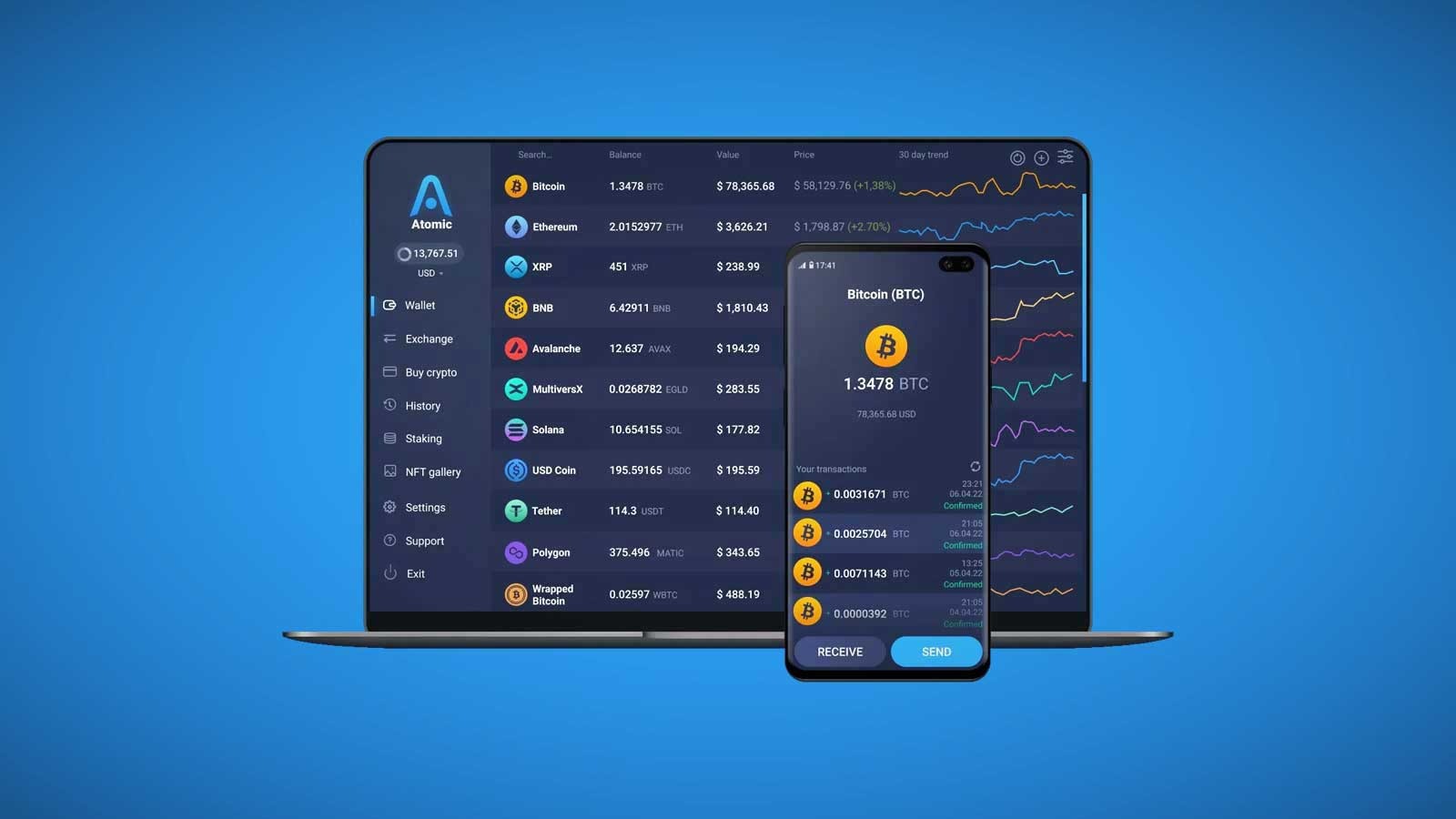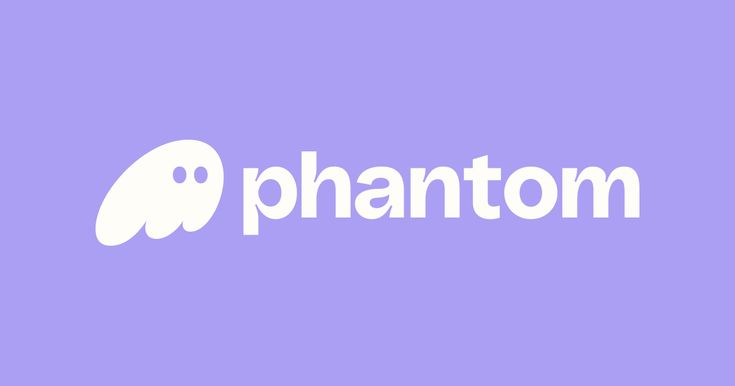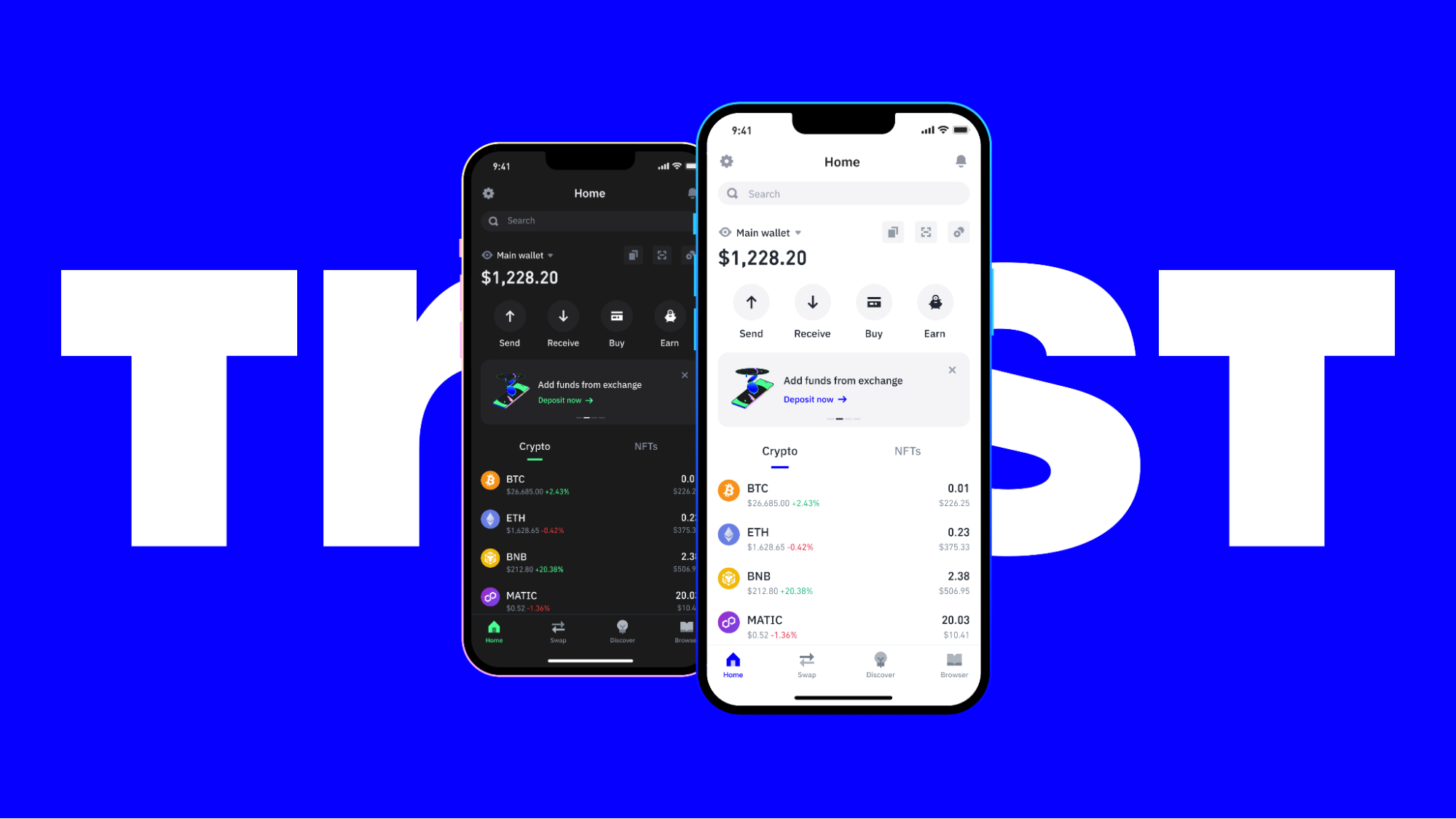In the rapidly growing world of cryptocurrencies, choosing the right wallet to manage your digital assets is crucial. With numerous options available, Phantom Wallet has emerged as one of the most popular and user-friendly choices, particularly for those involved with Solana and Ethereum-based assets. In this article, we will explore what phantom wallet is, its features, and why it is a top choice for crypto enthusiasts.
What is Phantom Wallet?
Phantom Wallet is a non-custodial cryptocurrency wallet designed primarily for the Solana blockchain, with support for Ethereum and other EVM-compatible chains. It is a browser extension wallet, meaning it integrates seamlessly into popular web browsers like Google Chrome, Firefox, and Microsoft Edge. Users can store, send, receive, and stake their digital assets with ease, while maintaining full control over their private keys.
Phantom Wallet allows users to interact with decentralized applications (dApps) and DeFi platforms, providing a smooth and secure experience. Its clean interface and fast performance have made it a go-to choice for Solana users, but its expanding support for Ethereum and other assets make it a versatile option for anyone in the crypto space.
Key Features of Phantom Wallet
- User-Friendly Interface: Phantom Wallet is designed with simplicity in mind, offering an intuitive interface that makes it easy for both beginners and experienced users to navigate. The setup process is quick, and the wallet’s features are clearly laid out, making it an ideal entry point for those new to cryptocurrency.
- Support for Solana and Ethereum: Originally built for Solana, Phantom Wallet quickly gained popularity for its fast and cost-effective transactions on the Solana blockchain. However, with the addition of Ethereum and other EVM-compatible chains, Phantom has become a more versatile wallet, supporting a wide range of assets.
- Non-Custodial Control: One of the standout features of Phantom Wallet is its non-custodial nature. This means that users are in full control of their private keys, which are never stored by the wallet service. By maintaining control over your private keys, you minimize the risk of hacks and theft associated with centralized exchanges.
- In-Built dApp Browser: Phantom Wallet comes with a built-in decentralized application (dApp) browser. This allows users to interact with a variety of DeFi platforms, NFT marketplaces, and other blockchain-based services directly from the wallet. It supports Solana-based dApps and is expanding to Ethereum-based dApps as well.
- Staking and Yield Farming: Staking is a key feature for Solana users, and Phantom Wallet makes it easy to stake your SOL tokens directly from the wallet. This provides users with an opportunity to earn rewards for helping secure the Solana network. Additionally, Phantom integrates with a variety of DeFi protocols, offering users the ability to participate in yield farming and other lucrative opportunities.
- NFT Support: Phantom Wallet is known for its excellent integration with the NFT space. Users can store, send, and receive NFTs (non-fungible tokens) on both Solana and Ethereum networks. With the rise of digital collectibles, having a wallet that supports NFTs is essential, and Phantom Wallet is one of the leading options in this area.
- Cross-Chain Support: While Solana is its primary chain, Phantom Wallet’s growing support for Ethereum and other blockchains means users can manage their assets across different networks without the need for multiple wallets. This cross-chain compatibility enhances convenience and functionality, particularly for users who hold assets across various ecosystems.
Security and Privacy
Security is always a top priority in the world of cryptocurrencies, and Phantom Wallet takes this seriously. The wallet is non-custodial, meaning your private keys are stored locally on your device rather than on centralized servers. This reduces the risk of hacks and thefts associated with centralized exchanges.
Additionally, Phantom Wallet uses robust encryption and other security measures to ensure that your assets and data are safe. Users can also set up a recovery phrase when creating their wallet, ensuring they can recover their assets if their device is lost or compromised.



